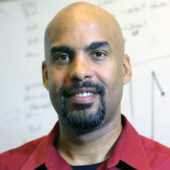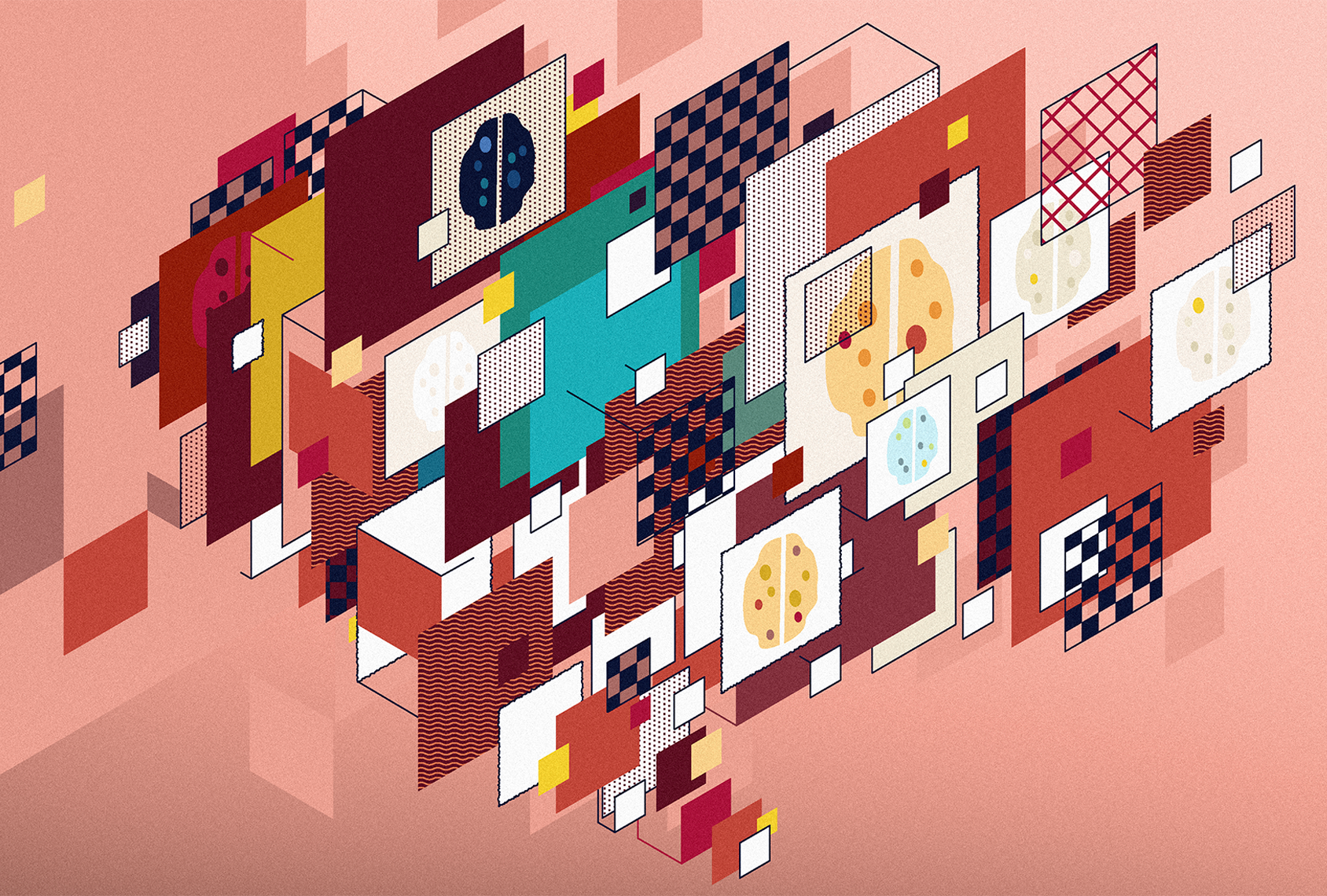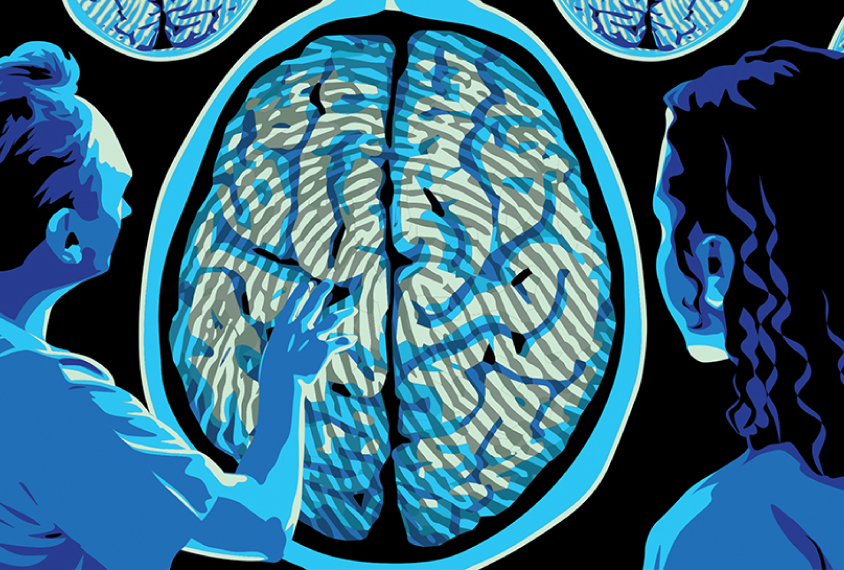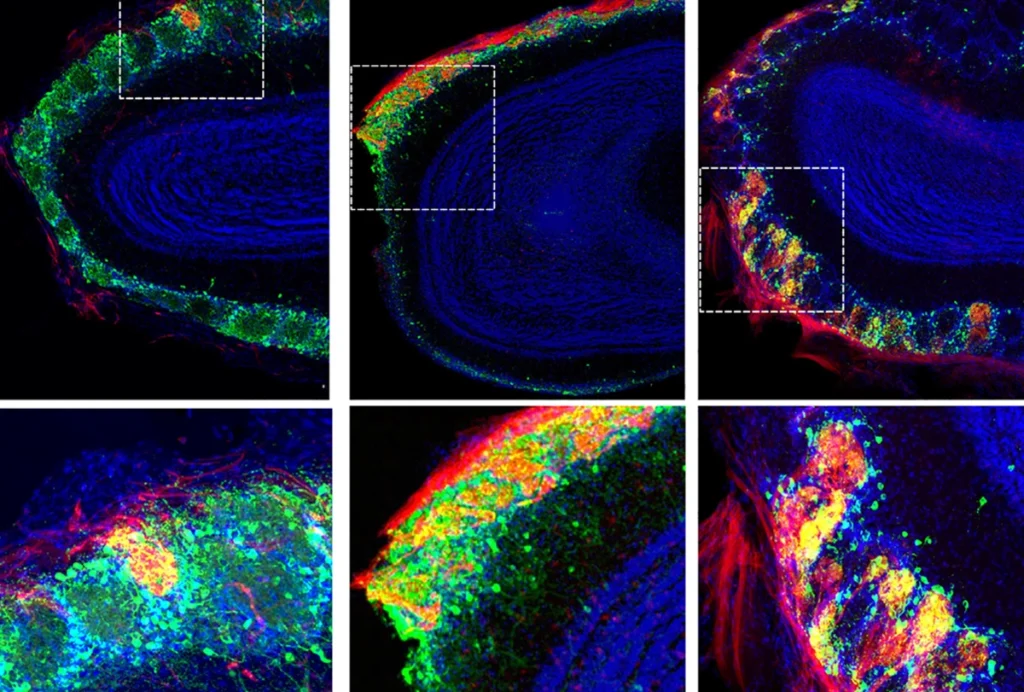Damien Fair is professor and director of the Masonic Institute for the Developing Brain at the University of Minnesota in Minneapolis.

Damien Fair
Assistant Professor
Oregon Health and Science University
From this contributor
Boosting brain power: A conversation with Damien Fair
Collecting brain scans from thousands of people can be challenging in autism research; data-sharing and collaborative efforts can help drive results that stand up to statistical scrutiny.

Boosting brain power: A conversation with Damien Fair
Unique brain ‘fingerprints’ may narrow search for autism subtypes
Grouping people with autism based on their unique brain-activity ‘fingerprints’ may help to identify subtypes of the condition.

Unique brain ‘fingerprints’ may narrow search for autism subtypes
Graph theory
Characterizing the brain’s network organization may help us understand autism, says Damien Fair.
Explore more from The Transmitter
Rat neurons thrive in a mouse brain world, testing ‘nature versus nurture’
Neurons from the two rodents can wire up together to form functional circuits—all while maintaining some species-specific properties, two new studies show.

Rat neurons thrive in a mouse brain world, testing ‘nature versus nurture’
Neurons from the two rodents can wire up together to form functional circuits—all while maintaining some species-specific properties, two new studies show.
It’s past time to stop using the Reading the Mind in the Eyes Test
The widely used measure of “theory of mind” needs to be re-examined, along with the long-standing claim that autism is linked to a lack of this ability.

It’s past time to stop using the Reading the Mind in the Eyes Test
The widely used measure of “theory of mind” needs to be re-examined, along with the long-standing claim that autism is linked to a lack of this ability.
Robots boost data consistency in rodent studies reliant on mechanical, optogenetic stimulation
Two new devices take experimenter variation out of the equation, the lead investigators say.
Robots boost data consistency in rodent studies reliant on mechanical, optogenetic stimulation
Two new devices take experimenter variation out of the equation, the lead investigators say.
